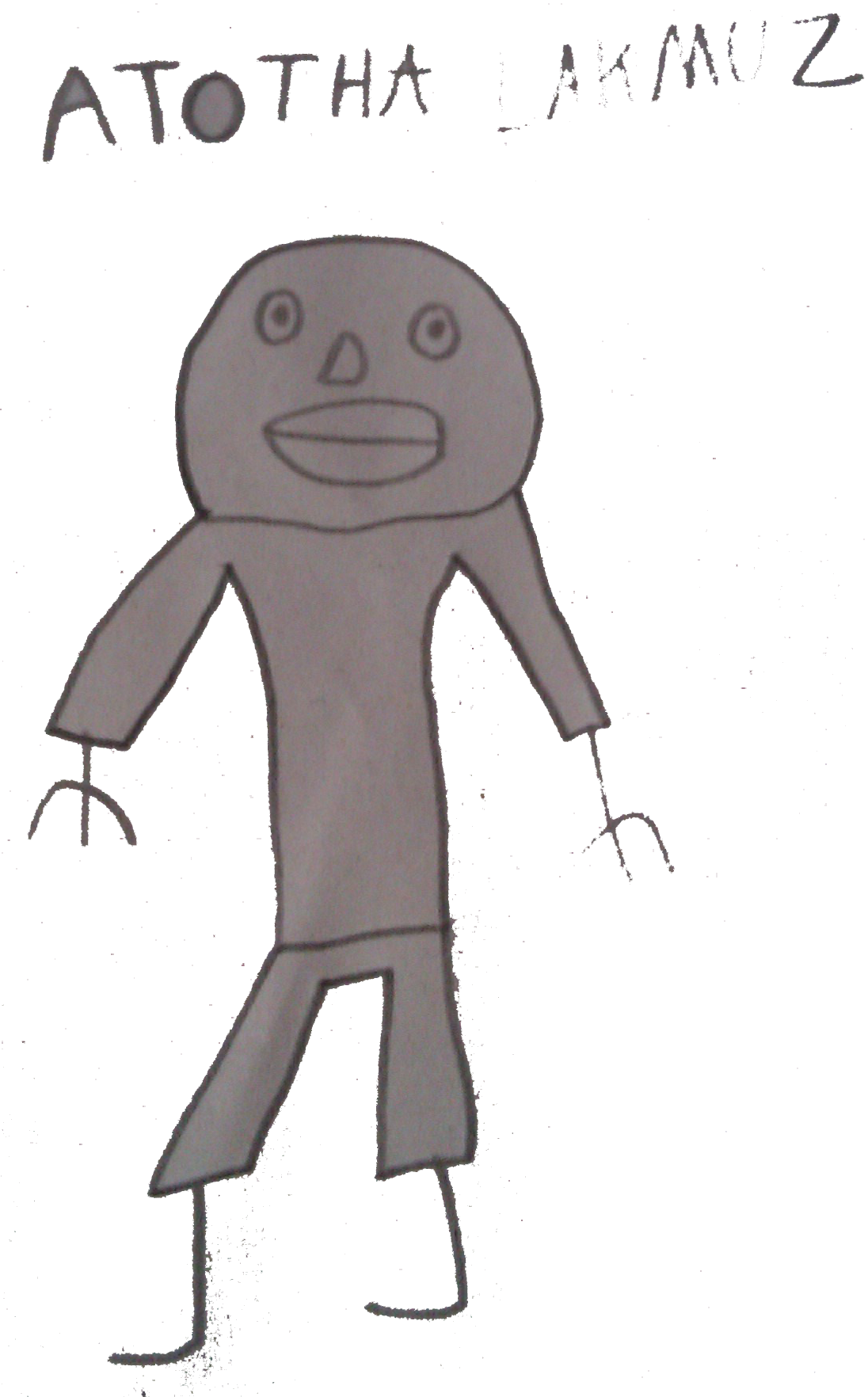Vinati- .... keeping questions alive
“Learning is always rebellion….Every bit of new truth discovered is revolutionary to what was believed before.” - Margaret Lee Runbeck
‘Vinati’, which means to seek/request, is the research unit at the foundation.
Objectives of the Unit:
- To look at instructional methods of arts based forms and evaluation techniques that focus on both qualitative and quantitative aspects of learning’s and experiences of daily life.
- to understand the myriad influences that arts based therapy has within a therapeutic framework.
- To improvise and evolve the content across our programs.
- To look at key research questions that emerges out of daily practices from our existing centers and programs.
- To look at setting up best practices in the field of ‘a buddy model’ using ABT.
- Teachers and facilitators will document and collect data through their sessions which will form the basis for our research findings. The analysis will be done by triangulation of assessment and evaluation gathered from qualitative and quantitative analysis of observation formats, standardized tests and ABT tools.
Some of the areas of interest for research –
- The evolution of the centre and its programs –
- Emerging patterns in specific areas like –
- Trends and challenges in working with a cross disabled group across age groups. -
- ‘Oota Thota – guess what’s cooking’, ‘the influence of providing integrated learning spaces for children with special needs’
- ‘Pipilika – tiny connections…, the importance of sharing creative learning spaces for the parent and children with special needs’; ‘Unlearning in adults can help in therapeutic processes for both the child with special needs and the parent’
- ‘Buddy system across age groups and in a cross disabled group can lead to peer learning and socio-cognitive growth’,
- ‘ Exposing a multi-disability group to only Arts Based Therapy’
- ‘Understand the approach to sexuality with adolescent boys and girls – of both regular and special population’,
- ‘Understand the approach to sexuality by different special needs groups – with control group and experimental group.


